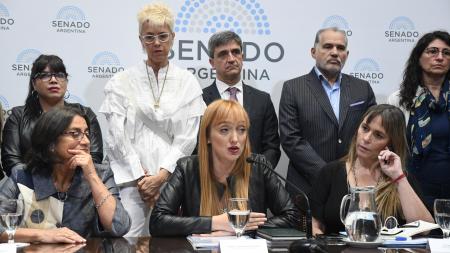Credit unions will be able to offer digital wallets and issue credit cards to members, authorized the National Monetary Council (CMN). For the general public, these institutions will also be able to act as acquirers and initiators of payment transactions, when the customer can make a purchase or other financial transaction without entering the institution’s application.
The changes are part of a series of flexibilities that regulate the new credit union law, sanctioned at the end of August. The legislation increases the area of operation of credit unions and brings them closer to commercial banks.
The CMN also improved the performance of the guarantee fund for credit unions, which aims to help members of cooperatives in difficulty. The new rules approximate the specific fund for cooperatives to the Fundo Garantidor de Crédito (FGC), which offers financial support to bank account holders that fail or are liquidated.
According to the Central Bank, credit unions must be associated with the guarantee fund, which will be governed by specific CMN regulations.
The regulation of credit unions was also revised. The CMN homogenized terms and concepts, reduced ambiguities and duplication of norms and commands. The body also improved the regulation of operations and authorized activities, corporate governance (transparency in administration) and independent auditing for these institutions. Requirements were also added for cooperatives to raise and apply resources from municipalities, their bodies and companies controlled by city halls.
In a note, the BC explained that the new law increases the tools available to credit unions, which will be able to offer members more financial products, improve governance and improve the organizational structure.
“Certainly, [as cooperativas de crédito] will occupy more space in the financial market, increasing competitiveness in the National Financial System”, highlighted the statement.
Although the CMN meeting took place yesterday (24), the votes were only released this afternoon (25) because of the optional point in federal public bodies on the day of Brazil’s debut in the World Cup.















